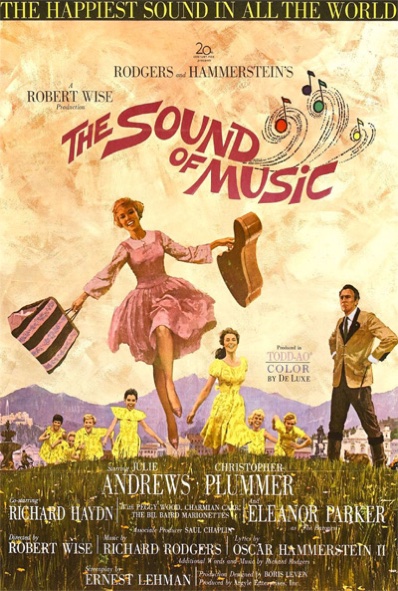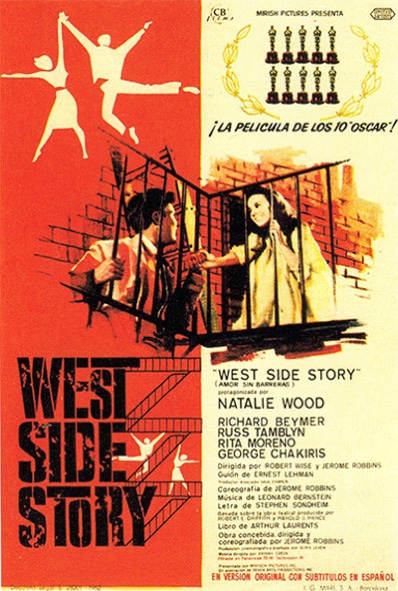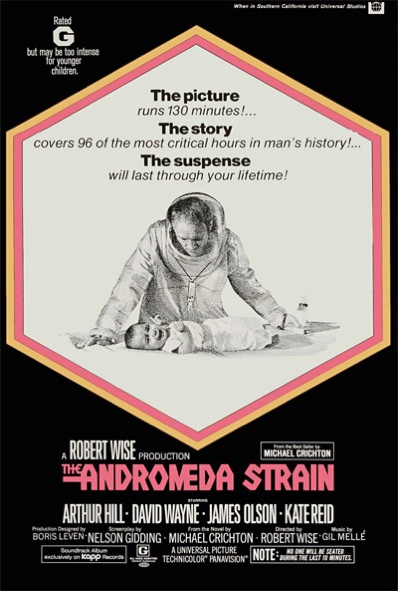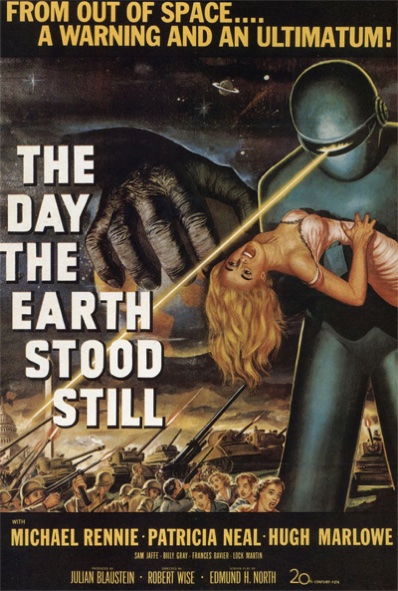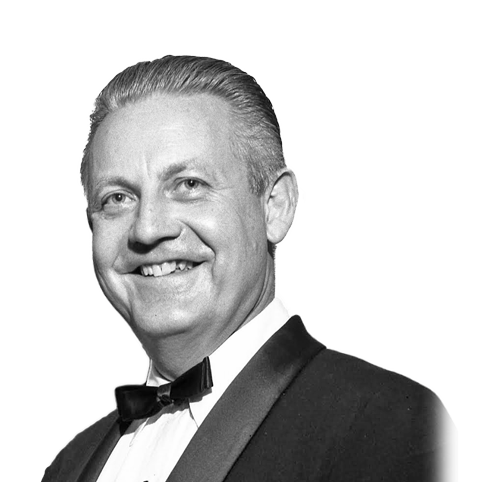
Robert Wise
Best known for achieving critical success as a director in an amazing variety of film genres: horror, noir, western, war, science fiction, musical and drama, with many repeat successes within each genre. His greatest artistic triumphs remain towering classics of cinema to this day: West Side Story (1961) and The Sound of Music (1965) — both of which brought Robert Wise Oscars for Best Director and Best Picture.
Robert Wise’s film career spanned over 60 years and included some of the most popular, most critically acclaimed and most influential films ever.
Born in 1914 in Winchester, Indiana, he dropped out of college, came west, started at the bottom in a sound-editing studio, worked his way up to editing Orson Welles’ “Citizen Kane” and “Magnificent Ambersons“, and, before he died, in 2005, Wise directed 40 films.
Wise’s early training in sound scores and editing are evident in his work, but his explanation for his own success was in his emphasis on the quality of the stories that he chose to bring to the screen. Wise was unique in being comfortable directing in a wide variety of genres. He agreed to direct “The Sound of Music” in exchange for the studios backing of “The Sand Pebbles“. Perhaps the only two things those films have in common is Wise himself. Horror, Film Noir, Melodrama, Westerns, Thrillers, Science Fiction, Musicals, Comedy, Action-Adventure, Pseudo-documentary, and Sports; one would be hard-pressed to think of even a sub-genre that Robert Wise didn’t cover, and cover well.
Though “Sound of Music” is, of course, his most popular directorial effort, Wise was proud of the social commentary of films like “The Day the Earth Stood Still” and “I Want to Live!”. He was awarded the National Medal of Art by President George H. W. Bush in 1992, and received the American Film Institute’s Life Achievement Award in addition to his four Oscars and numerous other awards.
— Nate Lee
Classic Scenes
Citizen Kane (as editor)
- Surely Wise’s editing is as responsible for the genius of the breakfast table scene as Orson Welles’s filmmaking. The rhythm and grace of the scene reveal the dismantling of a marriage in a couple of minutes.
The Sound of Music
- We all have our favorite, or many favorite, scenes from this classic: some centering on songs and some on brilliant lines of dialog. However, the opening hilltop helicopter shot, spinning around a spinning Julie Andrews, perfectly captures the soaring spirit of the entire film. Though the winds of the whirlybird knocked the young Andrews on her edelweiss after every take, she would be the first to agree, it was worth it.
West Side Story
- Street gangs that dance? Sure, it worked on stage, but in the “real” world of film? Mix in the genius of Shakespeare, Jerome Robbins, Hal Prince and Leonard Bernstein with writer Ernest Lehman and Robert Wise and what else would you expect? Another brilliant opening scene by Wise, a cold look at the city, assures us from the beginning that Wise knows how to move a musical off of Broadway and into immortality.
Best Films
- The Sound of Music
- West Side Story
- The Sand Pebbles
- The Day the Earth Stood Still
- Somebody Up There Likes Me
- The Andromeda Strain
Hidden Treasures
- The Haunting
- The Executive Suite
- The Body Snatcher
- Two for the Seesaw






